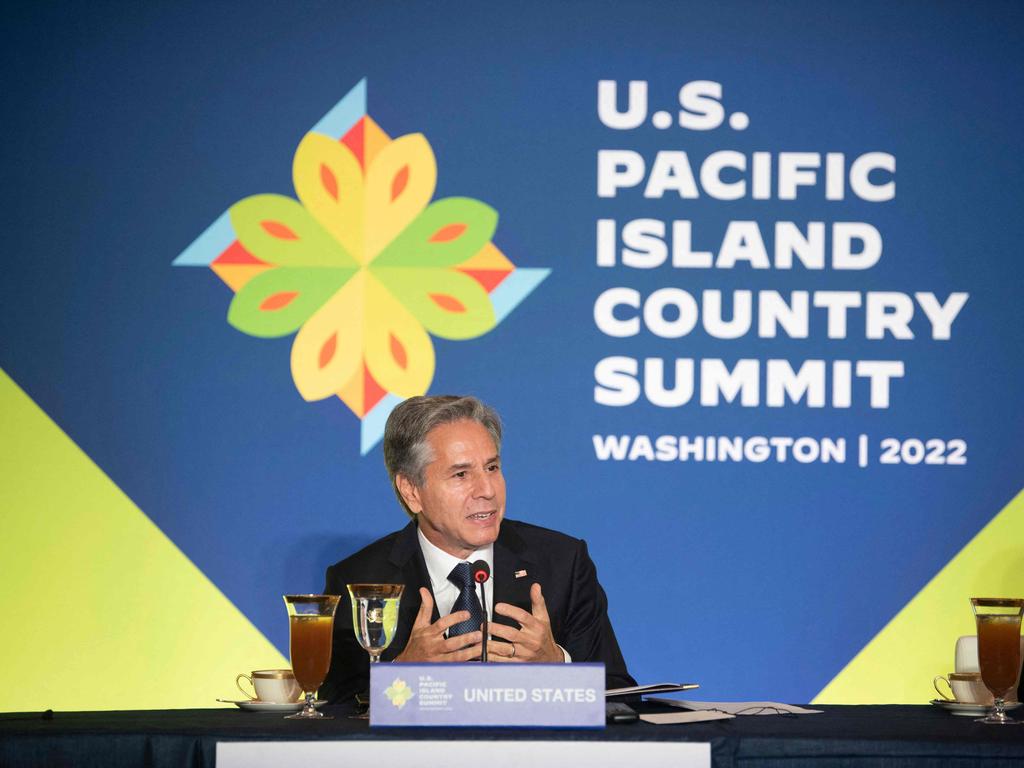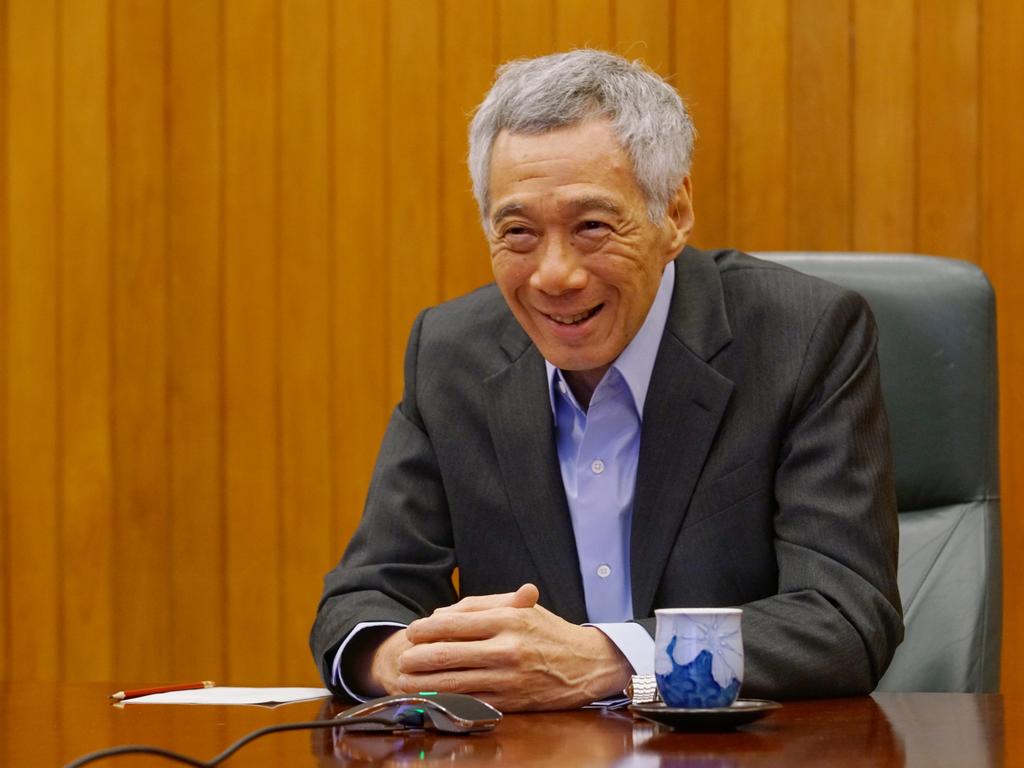The communist playbook: how China turned the West's dream into a weapon

The MSS has come a long way. For decades it was the People’s Liberation Army that most interested observers of China’s intelligence apparatus. Deng Xiaoping was a fan of these soldier-spies too, and let them manage hundreds of overseas military attaches while the MSS was kept out of embassies. MSS officer Yu Qiangsheng’s defection to the CIA in 1985 only made things worse, cutting short the inaugural minister of state security’s career. Mindful of this, the dozens of MSS officers posted abroad as journalists had to be painfully cautious. Several Chinese “journalists” were publicly banned from countries such as Japan and India for espionage and subversion in the 1960s, but things were different now. China was opening up to the rest of the world and trying to do business with the West. As an MSS officer, it was better to complete one’s tour uneventfully than to be arrested in the US, blamed for setting back China’s diplomatic relations, and doomed to an inconsequential desk job.
It’s only now becoming clear how the MSS thrived in spite of these circumstances. Though it couldn’t roam free abroad, it made sure it was everywhere within China. No foreign power could beat them on home ground. So when foreign targets or potential threats like George Soros arrived in China in the first decade of reform and opening, MSS officers had everything in place to monitor and control them.
The ministry’s Social Investigation Bureau has been at the forefront of these efforts. MSS officers were plugged into all kinds of ‘people-to-people’ exchanges with China: political, musical, literary, economic, scientific, journalistic or academic. You name it.
Towards the turn of the millennium, the MSS found its forte. It finally began to get its head around the US foreign-policy system and appreciate the benefits of targeting weak points like think tanks, retired officials and the business community. After the embarrassing public failure of PLA influence operations targeting president Bill Clinton’s 1996 re-election campaign, it was the MSS’s turn to show what it could do. Finally, it was allowed to run operations out of Chinese embassies and now had a solid network of bureaus across China to back up its efforts.

At the same time, a new generation of experts in the Western world rose into the leadership of the MSS, turning its focus from roughing up dissidents and watching foreigner visitors to actively shaping the world. The Social Investigation Bureau of the MSS led the way with its unrivalled networks in the US and in international Chinese communities, largely independent of any provincial bureaus or diplomatic missions.
The first key feature of these efforts was that instead of trying to play a Russian game of hardcore operations designed to flip CIA officers and break into classified facilities, the Social Investigation Bureau’s officers were careful and patient, and they wore their cover stories like skin. They became foreign-policy scholars, cultural exchange officials, poets, filmmakers, businessmen and book publishers.
Lin Di, the bureau chief in charge of these operations, spoke English, held a master’s degree from Johns Hopkins University and was well known to many American China watchers. Like Lin, many of his subordinates were fluent in foreign languages, had books and journal articles to their name and often held credentials from world-class universities in Britain, the United States and France. Chinese spies of generations past couldn’t match the comfort with which they moved in Western capitalist circles.
The second key to the MSS’s success was that it had long been signing up prominent Chinese officials and scholars to give its front groups a degree of verisimilitude and ensure it had plenty of informants among the kinds of people important foreigners interacted with.
But perhaps the MSS’s most brilliant decision was to bring on board leading Chinese thinkers who were seen in the West as liberal and reformist. China Reform Forum, the think tank tailor-made by the MSS for influencing the outside world, was at the centre of these operations, drawing together talented officers from across the agency and sometimes even gaining the participation of Communist Party leaders.
The MSS was taking the West’s dream of a more free and open China and turning it into a weapon that gave China valuable time to build up its power and ability to challenge the existing world order.
To many of the people targeted for influence, these undercover MSS officers and scholars stood out as the kinds of people who wanted to push China towards political and economic liberalism. They were “free agents” who could help you get meetings with important Chinese liberals, sometimes even party leaders, and were willing to share gossip.
Those who realised their friends at China Reform Forum were more than they seemed sometimes genuinely believed these were reformists within the MSS who were willing to help foreigners influence the party.
Today’s political environment, where overt coercion and aggression towards Western nations is an increasingly normal part of the Communist Party’s behaviour, has further unshackled the MSS.
Faced with such an enormous and poorly understood host of intelligence agencies, how can governments and societies around the world hope to push back?
It’s worth first considering what went wrong, because the circumstances that allowed past MSS operations to thrive haven’t gone away. Why was MSS bureau chief Lin Di allowed to build close friendships with influential Americans and speak at Washington DC’s National Press Club?
Why did no one intervene when former Australian prime minister Bob Hawke entered business with an MSS affiliate?

Why did diplomats from around the world continue to treat undercover MSS officers as sources, when their colleagues in intelligence agencies should have stopped it? Why did experienced scholars of China fail to sound the alarm on these activities?
Why, for so long, has the challenge posed by the CCP and its intelligence agencies been downplayed in the West?
Despite the world’s past mistakes, the MSS now faces the toughest backlash in its history. The agency that once prided itself on never having allowed an officer to be captured abroad saw one of its own arrested and hauled before a jury in the US.
Xu Yanjun, an officer in the Jiangsu State Security Department, fell into a trap laid by the FBI after it cottoned on to his efforts to steal American jet-engine technology. In November 2021, he was convicted of economic espionage. The US government was announcing loud and clear that MSS officers, previously only watched but never arrested, were now fair game.

That’s not the only disaster that’s keeping MSS officers up at night. Numerous governments are in the process of fundamentally reconfiguring their foreign policies as the charade of China’s peaceful rise crumbles.
Australia was an unlikely first to cross the point of no return. The country is heavily reliant on trade with China. Xi Jinping toured the country in 2014, and Australia’s political establishment boasted strong ties to Chinese officials and party-linked businesspeople.
Political interference and united front work were a distant and obscure vocabulary. That is, until a series of contingent events in 2017 jolted the country into action.
Early in that year, backbench politicians rebelled against ratifying an extradition treaty with China. In June, investigative journalists produced what were then the most detailed and revelatory reports the public had seen into CCP-backed interference in Australian politics. By the end of the year, the prime minister, armed with findings from a classified study into the party’s covert influence operations, tabled new laws that gave security agencies powers to intervene in such activities. The government also began contemplating banning Huawei from the nation’s 5G network.
This was much more than a readjustment of the Australia – China relationship. It was a tectonic realignment, the effects of which continue to play out. Waking up to the threat of political interference called into question the party’s intentions and goodwill. It also brought understanding the CCP and its ideology into the heart of discussions about China, when their contemporary relevance had long been downplayed.
Nothing about waking up to this was easy or inevitable. China’s retaliation – economic coercion, arbitrary arrests of Australians and ending high-level exchanges with the Australian government – only confirmed that Australia’s growing reliance on China was fraught.
Australia is now seen as both a model for countering foreign interference and a canary in the coalmine, sending out warnings of the CCP’s coercion and covert activity.
Slowly but surely, the misguided assumptions and narratives that informed decades of engagement with China are being discarded. The MSS operations that propped them up for so long are being unwound. Even in Australia, this process still has many years to go.
The country’s capacity to shine a light on interference, enforce foreign interference laws, deter covert operations and build the resourcing and expertise needed to inform those efforts is still being developed.
This is an edited extract from Spies and Lies: How China’s Greatest Covert Operations Fooled the World by Alex Joske (Hardie Grant, RRP $32.99), published on October 5.







Set on a quiet road in the western hills of Beijing, the Cold Spring Base is the Ministry of State Security’s newest spy school. And it’s massive. With around 80,000sq m of floor space, it’s larger than Australia’s counterintelligence headquarters. It features lecture theatres, table-tennis rooms, classified-briefing rooms, a large artificial lake and multistorey villas. A building directory, indiscreetly shared online, shows the complex has its own halal restaurant, indicating just how many ethnic Uighur and Hui recruits the MSS has.